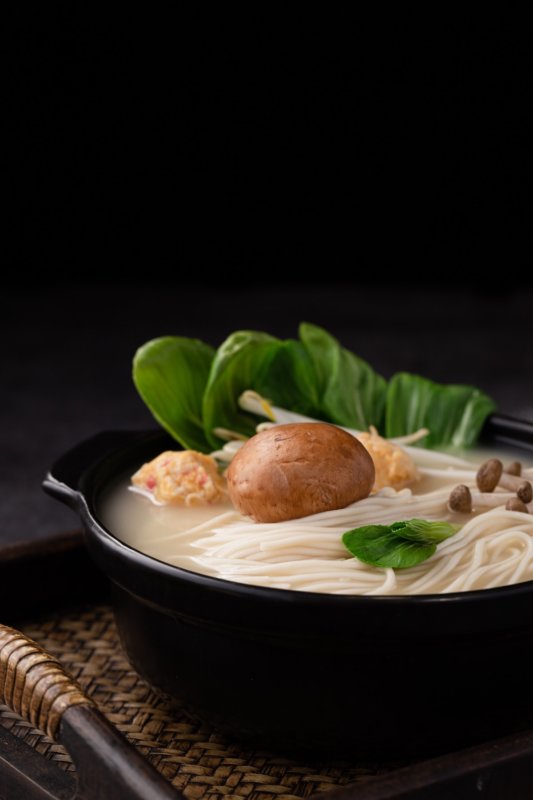Winter is upon us and it’s time to change up our diet.
Every season corresponds with a different element, meridian/organ systems, attitude, and more. As the energy and temperatures change, we can align ourselves by adjusting our diets seasonally as well.
According to the 24 Solar Terms, Winter (Lì Dōng 立冬) begins November 7 in 2020. Yin energy strengthens as yang energy wanes. This is a dance of active/receptive, masculine/feminine, lightness/darkness, and hot/cold.
How does Lì Dōng apply to you? Balance Health suggests it is having temperatures below 10 degrees for a few consecutive days. While this may not happen where you are, it’s always helpful to observe how your body changes throughout the year. Perhaps consulting a naturopathic physician, a homeopath or a TCM practitioner.
The 24 Solar Terms are based on the sun’s movement, first used by farmers. Also the Chinese changed their diet accordingly as a way to enjoy better health. For example, in the autumn, instead of eating the cooling pear, people will make a dessert soup with other ingredients such as red dates and goji berries. Pears sooth coughs, detoxify, and moisten both the lungs and throat. Given autumn is related to the Lung and Large Intestine organ energies, this delicious and easy-to-make soup is perfect for this time of the year.
Adjusting our diet according to season helps us to balance the yin/yang energy and the elements within.
☞ The Seasons and Diet [link]
☞ Potatoes & Carrots for Good Health [link]



The Winter Diet
With winter coming, you may want to consider more warming foods, especially if you live in the northern latitudes. For meat-lovers, try some mutton or chicken cooked with ginseng and other Chinese medicinal herbs. My family enjoys a rack of lamb in the winter months. For the non-meat-eaters, my mom makes soups with radishes and other root vegetables. Two recipes that Balance Health suggests are Black Sesame Porridge and Tomato Sugar Lotus Root.
☞ Why Nourishing the Kidneys is Essential for Longevity [link]
As winter corresponds with the colour blue/black, the element water, and the organs Kidneys and Bladder, we can align with the energy of this season with our cooking and food preparation. For example, because winter corresponds to the water element, our winter diet can include soups and dishes that are steamed, boiled, and poached. Or we can include more black coloured foods such as black sesame and kidney beans. You can find Five Element recipes on this blog by Lillian Pearl Bridges of the Lotus Institute.

